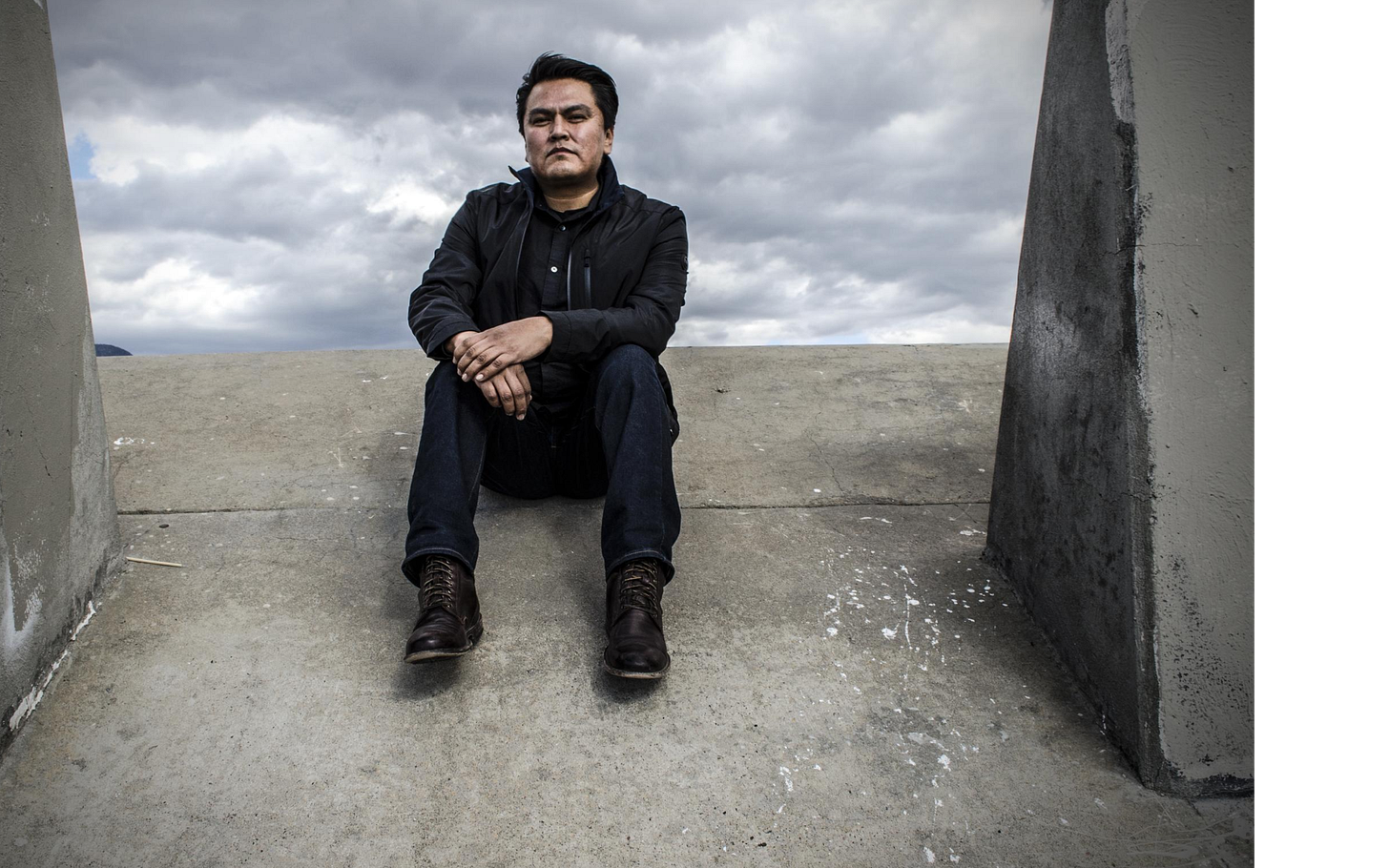“Poetry doesn’t just emerge; it emerges from the soul of a community.”
- Joy Harjo
When Joy Harjo served as the U.S. Poet Laureate, the first Native American to receive the award, she conceived of a project that would map the United States based on the poetry of Native poets. Living Nations, Living Words gathers the work of nearly 50 contemporary poets representing locations across the country. The poems address themes of place and displacement, and each poet chose where they wished to place themselves – where they currently live, in their homelands, or where they feel most rooted.
An excellent digital map accompanies the book, accessed through the Library of Congress website. On the map, you can click on a location marker somewhere in the country, and it reveals a poet and hear them read their work. Reading the book, followed by hearing the words spoken, deepened my experience of the poems.
Harjo notes that contemporary Native poets write at a crucial time in history, "a time in which the failures to acknowledge, listen to, and consider everyone when making the map of American memory has brought us to a reckoning." "Maybe we are at a place where many roads come together in the dimming sun." She continues, "We must make a new map, together where poetry is sung."
The poets who share their work in Living Nations, Living Words speak to displacement and the possibility of healing, rediscovering, and reconnecting. The poems in the anthology come from a wide range of Indigenous voices, representing different regions, cultures, identities, and lived experiences. Some poets look to past legends, some focus on today's realities, while others point to the future. What these poems have in common is an awareness of the Earth, of suffering and hope.
Poetry, as with language in general, is rooted in place. Regardless of our conscious connection to our relationship to the land we come from, it impacts our psyche, so exploring this relationship is worthwhile. A relationship to land doesn't necessarily refer to, for example, the location of the house where we grew up. For instance, I don't remember feeling connected to the physical suburbs of Chicago, where I grew up. I even had an aversion to endless low buildings and the relative absence of wilderness or parks. I did have a connection to friends and family, rather than land.
Fortunately, on many weekends, my parents loaded my family up, my two sisters and me, into a Silver Eagle trailer, and we camped throughout the Midwest. One of my favorite places was Governor Dodge State Park in Wisconsin's Driftless Area. The region got this name because it is devoid of the accumulated soil and rock left by retreating glaciers. A steep, rugged landscape and a large concentration of cold water streams characterize its geography. Because of my childhood connection to this land, I listened to Roberta Hill's poem, "These Rivers Remember," multiple times (audio above). I don't know if her poem refers to this region, but I imagine the land impacted her work.
We live in uncertain times, in a liminal space between where we have been and where we are going (physically, emotionally, and metaphorically). Most people experience this as a time of great dissonance, yet there is also a powerful longing for greater connection and understanding. In these times, the stories we tell and the images we hold up help birth what comes next. While there is no guarantee of what is to come, we can increase our chances of moving to a higher place by practicing greater connection and inclusion. Poetry helps us welcome the emergence by seeding possibility, providing metaphors that stimulate our nonlinear imagination.
I'll end with one of my favorite poems by Rumi, about the connection that transcends physical space. It speaks to me of an internal place of welcome, first extended toward the self, so we can then better extend hospitality outward in increasingly larger circles.
The Guest House Translated by Coleman Barks This being human is a guest house. Every morning a new arrival. A joy, a depression, a meanness, some momentary awareness comes as an unexpected visitor. Welcome and entertain them all! Even if they're a crowd of sorrows, who violently sweep your house empty of its furniture, still, treat each guest honorably. He may be clearing you out for some new delight. The dark thought, the shame, the malice, meet them at the door laughing, and invite them in. Be grateful for whoever comes, because each has been sent as a guide from beyond.
Feel free to share a poem in the comments section that points to the world you want to see.








What a beautiful way to start my morning, reading this. Thank you.
PLACE
On the last day of the world
I would want to plant a tree
what for
not for the fruit
the tree that bears the fruit
is not the one that was planted
I want the tree that stands
in the earth for the first time
with the sun already
going down
and the water
touching its roots
in the earth full of the dead
and the clouds passing
one by one
over its leaves
— W.S. Merwin, from his book The Rain in the Trees